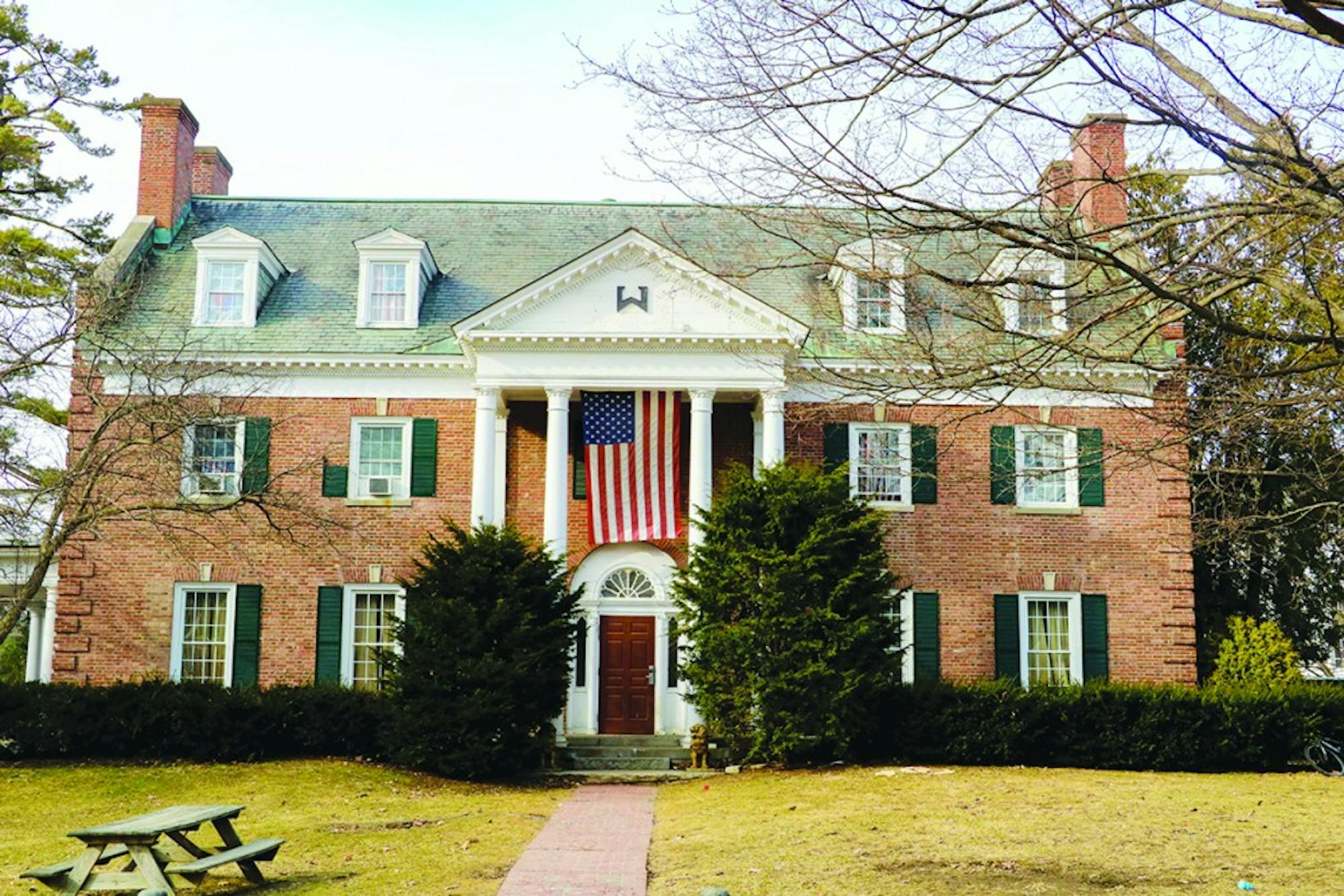In late March, the New Hampshire Supreme Court delivered a ruling on New Hampshire Alpha of SAE Trust v. The Town of Hanover and the Town of Hanover Zoning Board of Adjustment that largely favored the town. Of the ZBA’s 18 rulings, the Supreme Court affirmed all but one — the lone exception concerning whether or not Sigma Alpha Epsilon itself qualifies as an institution. This component of the case was remanded back to the ZBA for further proceedings, perpetuating the limbo status of the derecognized Greek organization.
In March 2016, Dartmouth’s SAE chapter was suspended by its national chapter and ultimately derecognized by the College after hazing allegations that drew national attention. Following the derecognition, the Hanover ZBA issued a termination to SAE that stipulated that the fraternity was no longer operating in conjunction with the College. This termination also prevented SAE from serving as a student residence, a decision that SAE appealed to the ZBA in April 2017.
According to Hanover director of planning, zoning and codes Robert Houseman, the ZBA defines an institution as either educational, religious or governmental. SAE must prove that it fits this definition in order to comply with the ZBA’s ordinances.
Houseman said that with the New Hampshire Supreme Court’s recent ruling, SAE now has a chance to submit a new application to change its formal status. The ZBA will decide whether SAE qualifies as an institution, which will determine whether it can legally house students. Houseman described the ZBA as a “five-member, quasi-judicial” entity that hears cases like a jury.
“[The ZBA will determine] whether or not the zoning administrator erred in his interpretation … so the court ruling now gives us clarity as to what we need to look at and how we look at it,” Houseman said.
Since the Supreme Court did not arrive at a final determination on SAE’s status, the town of Hanover has been unable to enforce ZBA ordinances, according to town manager Julia Griffin. She also pointed out that SAE has violated College policy, but the College has failed to enforce consequences or keep students from living in the fraternity. While the town fully believes that SAE is currently housing students unlawfully, the current status of the case means that limited options exist to resolve the issue, Griffin said.
For now, the only instances in which the town of Hanover can interact with the fraternity are when the fire or police departments are needed, according to Griffin. She added that SAE still has the right to function as a “place of assembly” until the determination of its status.
“We’re staved from enforcing the ZBA ordinances because this issue is still an upending legal matter,” Griffin said. “So, there they sit, and here we sit, waiting for the legal discussions to play out in the courtroom.”
Attorney Laura Spector-Morgan represented the town of Hanover before the New Hampshire Supreme Court. She said that she approached the case using precedents set by a similar situation involving the Alpha Delta fraternity in 2017. AD was derecognized by the College in April 2015.
Spector-Morgan pointed out that, in spite of the fraternity’s derecognition, in some ways SAE has more autonomy now than it did when it was recognized by the College.
“There’s no oversight at this point over the fraternity members or what happens at the house,” Spector-Morgan said. “That’s a concern for the College and for the town, from a health and safety point of view.”
Interim director of Safety and Security Keysi Montás echoed these sentiments. In an email statement, he said that Safety and Security no longer has jurisdiction over SAE, and any issues that arise there must be referred to local authorities.
Going forward, Spector-Morgan outlined a few possibilities for the case. If the ZBA finds that SAE is not an institution, residential use of the property must cease; however, SAE will most likely appeal that decision, she said. If the ZBA finds that SAE is an institution and determines that the property is being used for institutional purposes, residency in the fraternity could continue.
Ultimately, it is now up to SAE to file an application with the ZBA, according to Houseman.
“If they wish to make a change — to convert to something that conforms to our regulations and come into compliance — they can submit an application to do so and start afresh,” Houseman said. “I can’t speak for SAE, but clearly, they’re evaluating their options and making decisions. But at this time, the process is still unfolding.”




